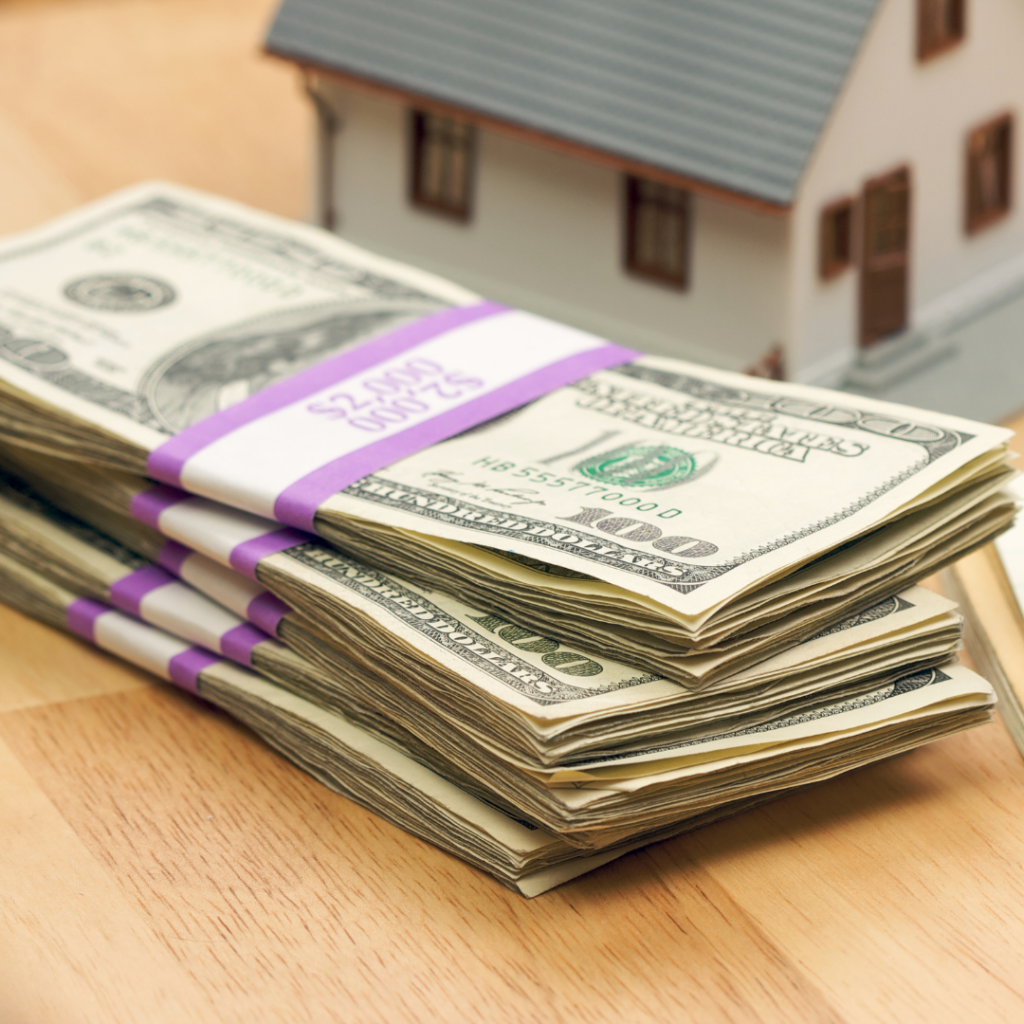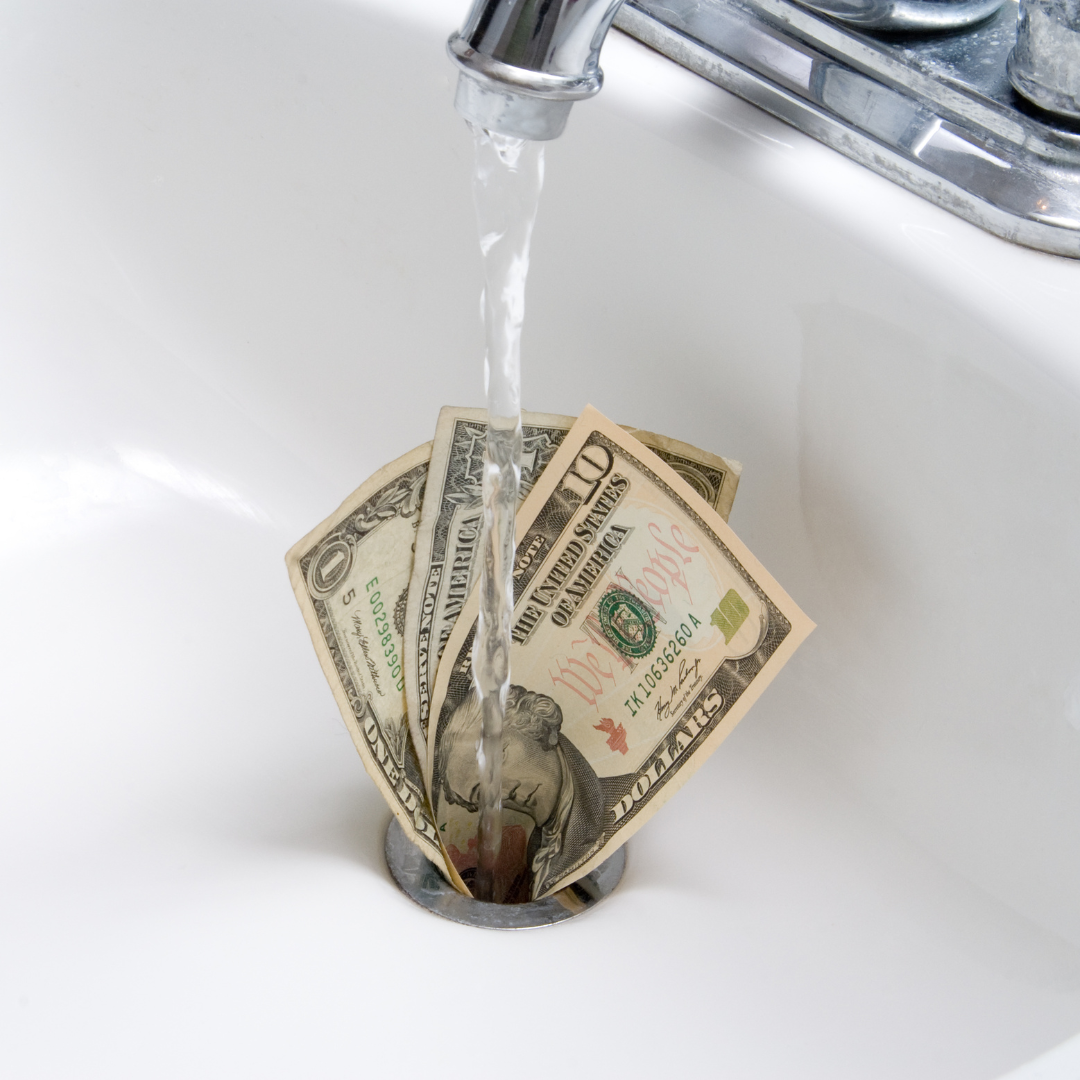
When buying a house in , it is important to be mindful of how you are spending your money. It can be easy to overspend, leading to stress and frustration during the home-buying process. In our latest post, we include five things to avoid spending money on when making this significant investment.
1. Over-Improving the Property
While it’s understandable to want to make the house your own, it’s worth considering that you may not recoup all of your investment when you sell. Therefore, it is crucial to be strategic about the upgrades you make. For example, it might not be worth investing in high-end appliances or custom cabinetry if you’re buying a starter home. Instead, focus on updating outdated fixtures or adding energy-efficient features like solar panels. Don’t let emotions drive your decision-making process. It’s essential to stay practical and evaluate the property objectively.
2. Paying for Unnecessary Upgrades
High-end fixtures and finishes can significantly increase the price of a property. Consider whether these are necessary or if more affordable options could suffice. It’s important to consider the neighborhood and market conditions before making any upgrades. If most homes in the area have a particular feature, such as a pool or patio, it might be worth investing in. A larger house might seem appealing, but more space often means higher costs for maintenance, utilities, and property taxes. However, if the feature is not common in the area, it might not add much value to the property should you eventually decide to sell it.
3. Overpaying for the Property
In a competitive real estate market like , it can be tempting to overpay for a property to secure the deal. However, overpaying can have long-term financial consequences, making it essential to work with reputable real estate agents experienced in the local market. They can help you determine the fair market value of the property and negotiate with the seller to get the best possible price. Consider the age and condition of major components like the roof, HVAC system, and appliances. Factor in potential repair or replacement costs in the near future.
4. Spending Too Much Money Decorating
While it’s important to have a comfortable and inviting space, it’s equally important to be mindful of your budget when decorating and furnishing your home. Consider shopping at discount stores or online retailers, and look for deals on high-quality furniture and decor by shopping during sales events or using coupons and promo codes.
5. Neglecting to Factor in Maintenance and Repair Costs:
When owning a home, there will inevitably be unexpected expenses like repairs or replacements for appliances or HVAC systems. To avoid being caught off guard by these expenses, it’s essential to factor in maintenance and repair costs when budgeting for your home. It’s a good idea to set aside 1-2% of the home’s value each year for maintenance and repairs. While some renovations can add value, avoid overspending on upgrades that won’t necessarily increase the home’s resale value.
Additional Purchasing Costs
Additionally, it is worth remembering that there will be additional expenses beyond the purchase price, such as closing costs, which can add up quickly. Therefore, it’s worth asking your real estate agent or lender for an estimate of the total costs and negotiating with the seller to see if they are willing to cover some or all of the closing costs. Be cautious of purchasing extended warranties or services that might duplicate coverage you already have or might not need. A beautiful house in a less-than-desirable location might not be a good investment. Consider the neighborhood, proximity to amenities, schools, and potential for future development. Remember to factor in property taxes, homeowner’s insurance, maintenance, utilities, and potential HOA fees into your budget.
Never Skip a Home Inspection to Save Money
A home inspection can save you thousands of dollars in the long run. During the inspection, a professional inspector will evaluate the property for any structural or mechanical issues. If any problems are found, they will provide a report detailing the issues and the estimated cost of repairs. By getting a home inspection, you can avoid buying a property with hidden issues that could cost you a lot of money in repairs. You can also negotiate with the seller to lower the purchase price or make repairs before closing. It may be tempting to skip inspections to save money, but this could lead to costly surprises down the line. Inspections help uncover potential issues that might not be visible during a casual walkthrough.
By avoiding these common ways to overspend, you can ensure that you get the most value for your investment and enjoy your new home for years to come. If you are ready to buy a new home in , reach out to our team for assistance and advice. 919-629-1140

